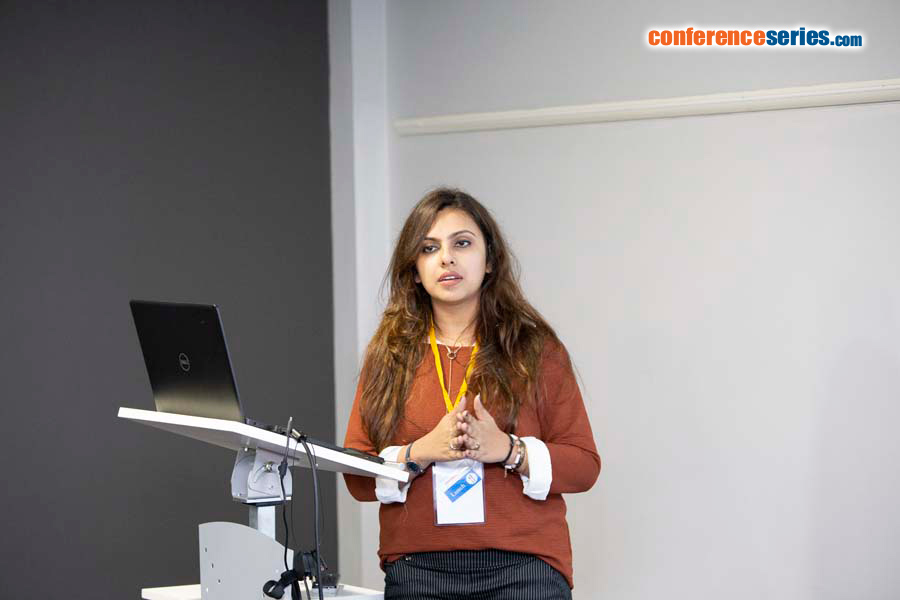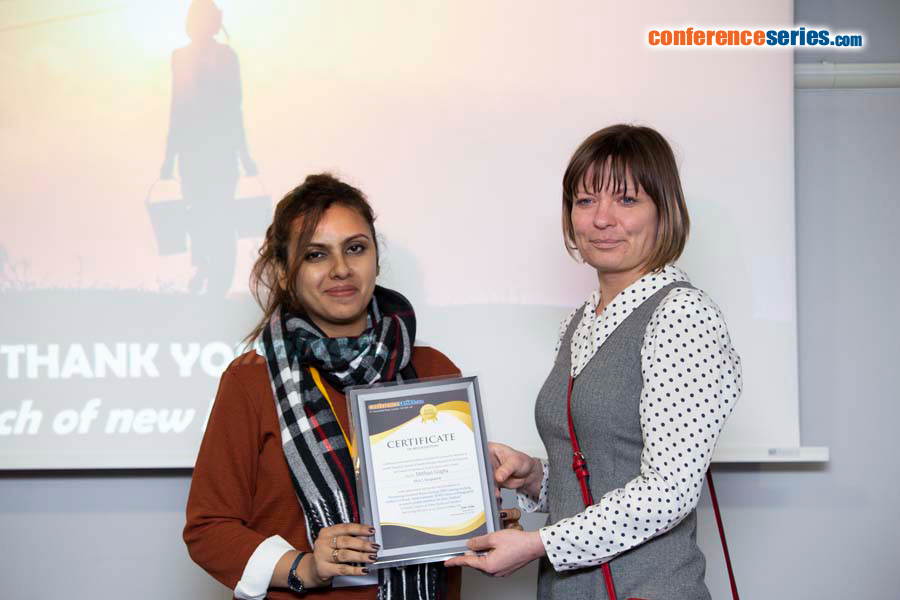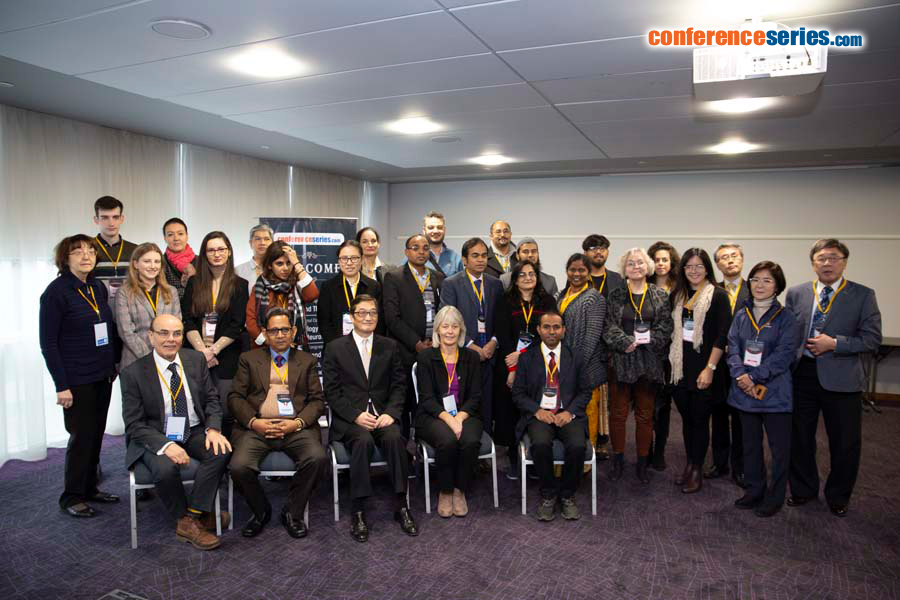Mithun Gupta
BRAC, Bangladesh
Title: Promoting Exclusive Breast Feeding (EBF) among working mothers of Ready-Made Garment (RMG) sector of Bangladesh to ensure proper nutrition for their children
Biography
Biography: Mithun Gupta
Abstract
According to Bangladesh Demographic Health Survey (BDHS 2014) only 55% infants aged 0-6 months are exclusively breastfed mainly due to traditional norms and lack of knowledge of mothers/family members about recommended practices (Formative Research Report, Ministry of Information & UNICEF, 2014). Moreover, according to the Bangladesh national labor force survey in 2010, around 3.2 million women are working in garments sector. Most of them reside in urban slums where malnutrition rates are high. Despite having major contribution to the national growth, they have very limited access and rights to enjoy benefits like maternity leave, baby-friendly policies etc. Female workers in lactating stage often face challenges to ensure EBF. Through Mothers@Work initiative of UNICEF, BRAC is implementing this programme to improve EBF support and practice for working mothers in RMG factories by engaging public, private and civil society stakeholders. The objective of the programme is to improve quality of breastfeeding counseling and support for pregnant and lactating mothers (PLW) during ANC and PNC as well as to improve EBF practices in the workplace. This project aims to address the bottlenecks to practice EBF in workplaces. Two RMG factories were selected randomly of Dhaka district to implement seven minimum standards
(such as maternity leave and benefits, day-care & breastfeeding centers, breastfeeding supportive environment, maternity health protection, breastfeeding breaks etc.) based on the Global and Bangladesh policy framework and guidelines to enhance breastfeeding support among working women through targeting senior, mid management and general workers of factories. Working PLW’s are counseled every month on breastfeeding techniques and problem solving. Breastfeeding corners were also established. Monthly progress report and quarterly monitoring tools were used to track the findings. The project after running almost one and half years could increase EBF rates from 17% (October 2016) to 72% (August 2018) in both factories. Factors that influenced the improved EBF practices were identified as functional breastfeeding corners, involvement of higher management and hands-on support to PLW mothers regarding attachment, positioning and manual expressions of breast-milk with labeling and storing. The outcome shows how counselling, enabling environment and monitoring during ANC and PNC can improve EBF practice among working mothers.




